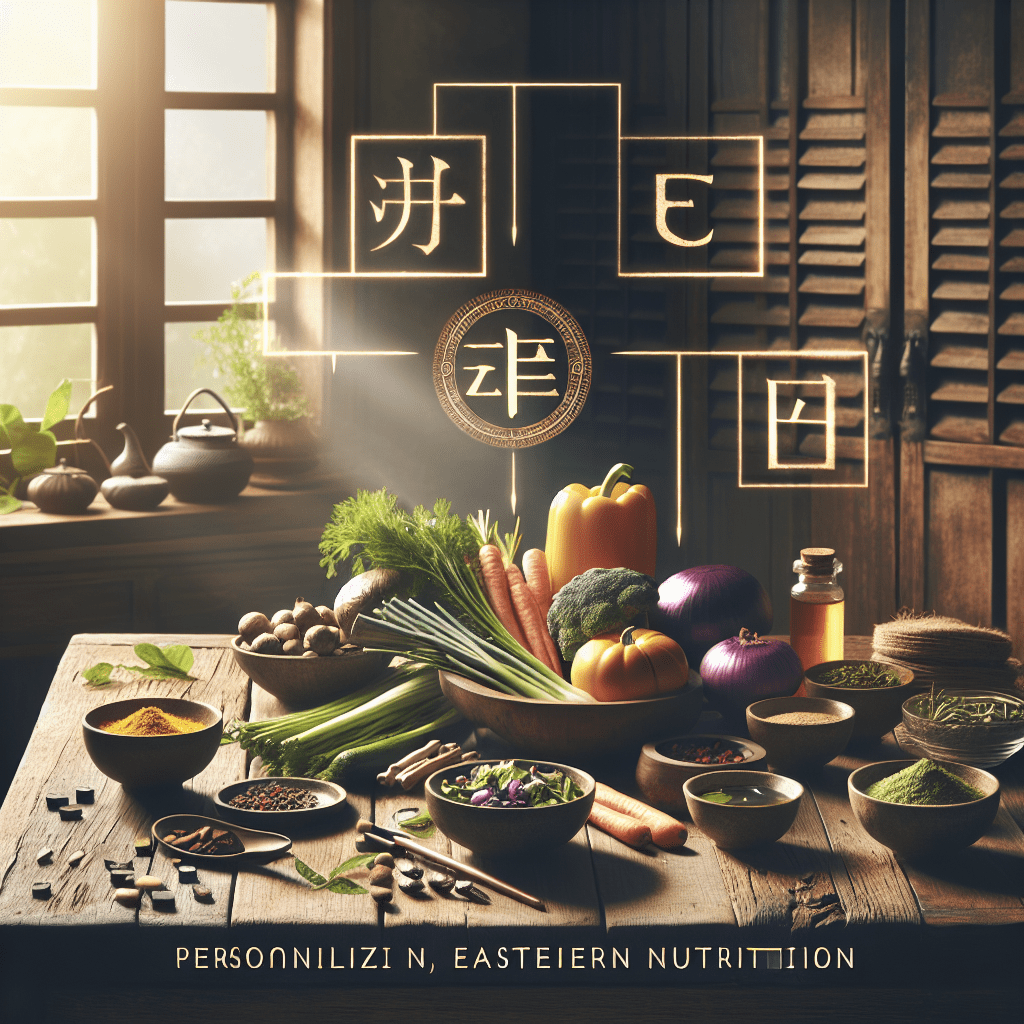This time-honored approach isn’t just about following a generic food pyramid or counting calories. Instead, it recognizes that each person has unique nutritional needs based on their constitutional makeup, current health status, and even the changing seasons. By understanding how different flavors interact with specific organ systems in our bodies, we can create personalized dietary plans that address imbalances and promote holistic wellness.
The concept of food as medicine isn’t new—it dates back thousands of years in Eastern healing traditions. What makes Custom Dietary Therapy particularly fascinating is its systematic approach to categorizing foods not just by their nutritional content, but by their energetic properties and flavor profiles. Each of the five flavors—sweet, sour, bitter, salty, and spicy (also called pungent)—corresponds to a specific element in nature and affects particular organs and bodily functions.
The Five Flavors and Their Organ Connections
Sweet flavors are associated with the Earth element and nourish the Spleen-Pancreas and Stomach systems. Foods with natural sweetness like rice, sweet potatoes, carrots, and fruits help strengthen digestive function and provide sustained energy. In TCM, the Spleen is responsible for transforming food into nutrients and distributing them throughout the body. When balanced, sweet foods build tissues and promote feelings of satisfaction and comfort. However, excessive consumption of refined sweets can weaken the Spleen and lead to digestive issues like bloating and fatigue.
Jane, a client who struggled with chronic fatigue, found remarkable improvement after incorporating more whole grains and naturally sweet vegetables into her diet while reducing processed sugars. “I never realized how much my energy levels were connected to the types of sweet foods I was eating,” she shared. “The difference between how I feel after eating fruit versus candy is night and day.”
Sour flavors connect to the Wood element and benefit the Liver and Gallbladder. Foods like lemons, vinegar, sauerkraut, and fermented products have astringent properties that help the body hold onto fluids and minerals. They stimulate liver function, aid in detoxification, and promote the smooth flow of Qi (vital energy). Sour foods are particularly beneficial in spring, the season associated with the Liver in TCM. They can help counteract fatty foods and reduce excessive sweating.
Research has shown that fermented sour foods also support gut health by promoting beneficial bacteria, creating a direct connection between sour flavors and improved digestive and immune function.
Bitter flavors are linked to the Fire element and influence the Heart and Small Intestine. Found in foods like dark leafy greens, coffee, cocoa, and certain herbs, bitter flavors have cooling properties that help clear heat and inflammation from the body. They’re particularly effective at drying dampness, reducing fever, and detoxifying the system. Bitter foods stimulate digestive juices, improve appetite, and help regulate blood sugar.
Dr. Liu, a TCM practitioner with over 30 years of experience, explains: “The modern diet often lacks bitter flavors, which traditionally helped balance the excessive sweetness in our food. This imbalance can contribute to inflammation and metabolic disorders we commonly see today.”
Salty flavors correspond to the Water element and affect the Kidneys and Bladder. Natural salt, seaweed, miso, and certain seafood support kidney function, which in TCM governs vital essence, bone health, and reproductive capacity. Salt helps the body retain water, supports electrolyte balance, and in appropriate amounts, can strengthen kidney energy. However, excessive salt consumption can deplete kidney energy and lead to water retention and high blood pressure.
A fascinating 2019 study published in the Journal of Alternative and Complementary Medicine found that participants who adjusted their salt intake according to TCM principles showed improved markers of kidney function compared to those following standard dietary recommendations alone.
Spicy or pungent flavors relate to the Metal element and influence the Lungs and Large Intestine. Foods like ginger, garlic, onions, peppers, and certain herbs have warming properties that promote circulation, disperse stagnation, and induce sweating. They’re particularly beneficial during cold and flu season as they help open the pores, clear mucus from the respiratory system, and stimulate immune function. Spicy foods also enhance metabolism and can help the body eliminate toxins through the large intestine.
Therapeutic Applications in Custom Dietary Therapy
For instance, someone with excess heat signs like inflammation, red complexion, and irritability might benefit from more cooling bitter and sour flavors while reducing warming spicy foods. Conversely, a person with cold symptoms like pale complexion, fatigue, and poor circulation would thrive with more warming spicy foods and minimal cold, raw ingredients.
The seasonal component adds another layer of customization. In winter, warming foods with more sweet and salty flavors support the body’s need to conserve energy. In summer, cooling bitter and sour foods help disperse heat and maintain balance. This cyclical approach ensures the body remains in harmony with natural rhythms.
Maria, a nutrition coach who incorporates Custom Dietary Therapy principles in her practice, shares: “What amazes clients most is how quickly they feel the effects when they align their diets with their constitutional needs. One woman with persistent digestive issues had tried eliminating various food groups without success. When we instead focused on balancing her flavors—adding warming spices and reducing raw, cold foods—her symptoms improved within days.”
This therapeutic approach extends beyond treating illness to preventing it. By regularly consuming a balanced array of all five flavors, the body receives the full spectrum of energetic support it needs to maintain optimal function. Many TCM practitioners recommend incorporating at least three different flavors in each meal to ensure this balance.
Beyond Physical Health: Flavors and Emotional Wellbeing
Sweet flavors, beyond their physical effects, are associated with feelings of comfort, satisfaction, and groundedness. They can help soothe anxiety and provide emotional stability—explaining why we often crave sweet foods during times of stress. However, relying too heavily on sweetness for emotional comfort can lead to imbalances.
Sour flavors stimulate mental clarity and decision-making capacity, aligning with the Liver’s role in planning and vision. They can help disperse stagnant emotions like frustration and irritability. Many people instinctively reach for sour foods when feeling sluggish or stuck.
Bitter flavors, connected to the Heart which houses the mind in TCM, help clear mental confusion and promote insight. They’re associated with the emotion of joy when in balance and can help disperse excessive excitement or anxiety when out of balance.
Salty flavors ground energy and are connected to the emotion of fear when imbalanced. Proper salt intake supports willpower and determination, qualities associated with healthy Kidney energy.
Spicy flavors stimulate both physical and emotional circulation, helping to move through grief and sadness—emotions associated with the Lungs in TCM. They promote courage and outward expression.
Sarah, who struggled with seasonal depression, found significant improvement after incorporating more pungent and warming foods during winter months. “I was skeptical at first,” she admits, “but after consistently adding ginger, garlic, and warming spices to my winter meals, I noticed I had more energy and felt less weighed down by the seasonal darkness.”
Research published in the Journal of Nutritional Neuroscience has begun to validate these traditional understandings, showing clear connections between dietary patterns and mood regulation. One study found that diets incorporating a balance of flavor profiles were associated with lower rates of depression and anxiety compared to highly processed diets dominated by sweet and salty flavors.
Embracing a Mindful Approach to Flavor
Custom Dietary Therapy invites us to approach food with greater awareness and intention. Rather than labeling foods as simply “good” or “bad,” this ancient wisdom encourages us to ask: “What does my body need right now? Which flavors will bring me into greater balance?”
This mindful approach aligns perfectly with the philosophy behind EASTCHI AI, which recognizes that true wellness comes from understanding your unique constitutional needs and aligning your lifestyle accordingly. By combining ancient wisdom about the five flavors with modern technological capabilities, we can create highly personalized nutritional guidance that respects traditional knowledge while incorporating contemporary scientific understanding.
The beauty of Custom Dietary Therapy lies in its accessibility—you don’t need special ingredients or complicated recipes to begin incorporating its principles. Simply becoming more conscious of including a variety of flavors in your meals and noticing how different foods make you feel can be transformative.
Start by conducting your own flavor experiment: For one week, make a point of including all five flavors in your daily meals. Notice how balanced meals containing sweet, sour, bitter, salty, and spicy elements affect your energy, digestion, and mood compared to meals dominated by just one or two flavors.
Remember that the goal isn’t rigid adherence to rules but developing a deeper relationship with food as medicine. By understanding the energetic qualities of what you eat and how they interact with your unique constitution, you empower yourself to make choices that truly nourish your whole being—body, mind, and spirit.
Custom Dietary Therapy reminds us that healing wisdom often lies in ancient traditions that viewed humans as part of nature rather than separate from it. By reintegrating these time-tested principles into our modern lives, we can discover a more harmonious approach to health that honors both traditional wisdom and individual uniqueness—a perfect balance of ancient insight and personalized care.




